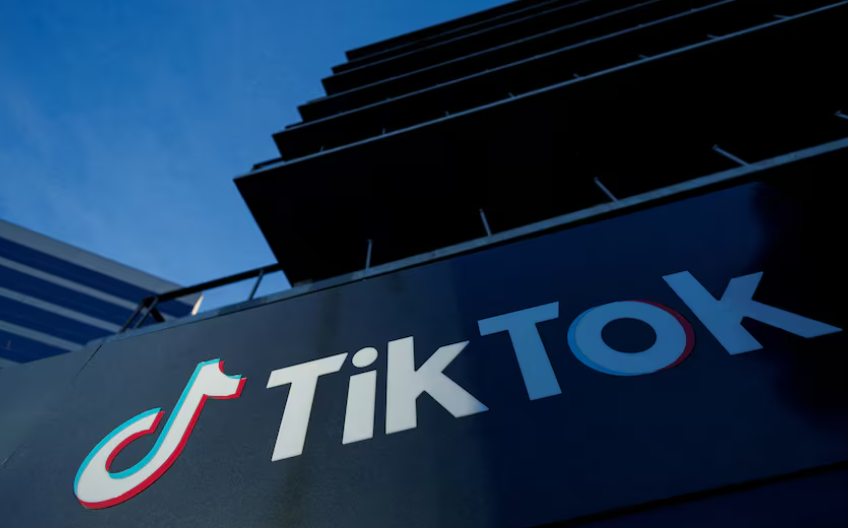Top Senate Republican Mitch McConnell on Wednesday pressed the U.S. Supreme Court to deny TikTok and its parent company ByteDance’s request to block a law that would force the sale of the app or face a nationwide ban by January 19. The case, rooted in national security concerns, has been scheduled for oral arguments on January 10.
McConnell Criticizes TikTok’s Legal Strategy
In a strongly worded brief, McConnell dismissed TikTok’s arguments as “meritless and unsound,” accusing the company of employing a standard tactic to delay legal consequences. He argued, “This is a standard litigation play at the end of one administration, with a petitioner hoping that the next administration will provide a stay of execution. This court should no more countenance it coming from foreign adversaries than it does from hardened criminals.”
McConnell emphasized Congress’s role in setting the January 19 deadline, ensuring its execution under an administration that backed the law’s objectives. He described the timeline as a safeguard against political uncertainty.
Free Speech Advocates Oppose the Ban
Several civil liberties organizations, including the American Civil Liberties Union, Electronic Frontier Foundation, and Knight First Amendment Institute, urged the Supreme Court to block the ban. In a joint filing, these groups described the measure as unprecedented and argued that it would disrupt millions of Americans’ ability to communicate, learn, and express themselves.
“The ban will cause an extraordinary disruption in Americans’ ability to engage,” the groups stated, highlighting its potential impact on free speech.
TikTok’s Concerns and Potential Fallout
TikTok, in its legal filings, underscored the consequences of the proposed ban. The company estimated that if the ban lasted a month, one-third of its 170 million U.S. users would stop accessing the app. While the ban would initially prevent new downloads of TikTok from Apple and Google app stores, existing users would face degrading services over time as companies stop providing technical support.
TikTok also noted that then-President-elect Donald Trump previously stated he opposed banning the app, adding a layer of complexity to the legal battle.
A Decision with Far-Reaching Implications
As the January 10 arguments approach, the case raises critical questions about national security, free speech, and the reach of government authority. With both lawmakers and advocacy groups weighing in, the Supreme Court’s decision will have significant implications for the future of TikTok in the United States and the broader landscape of digital rights.

